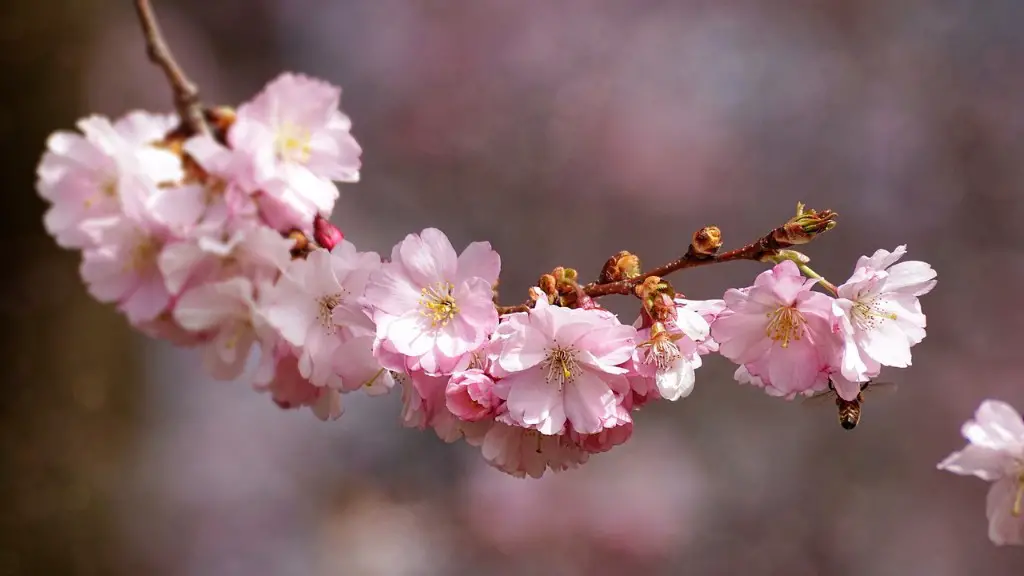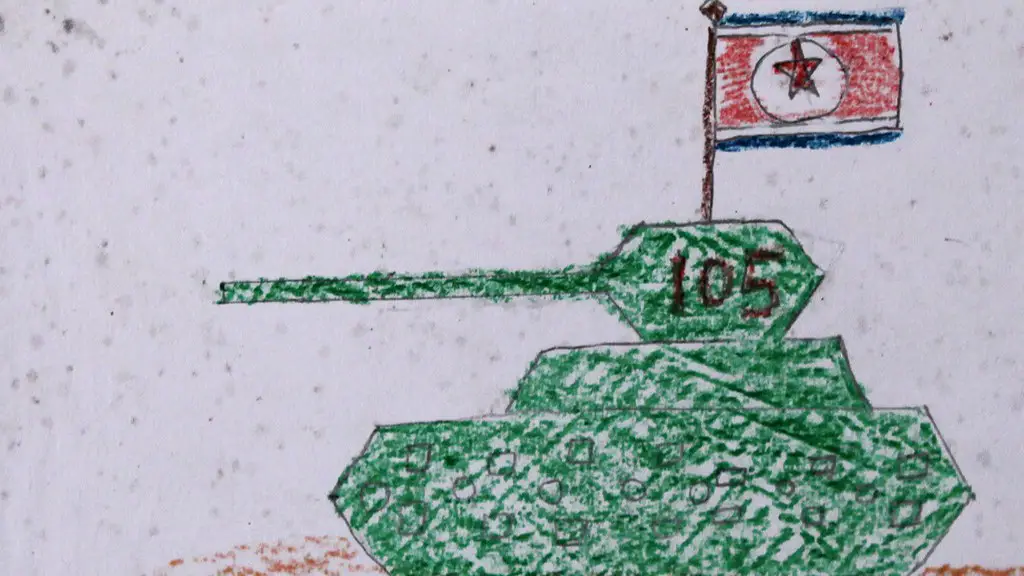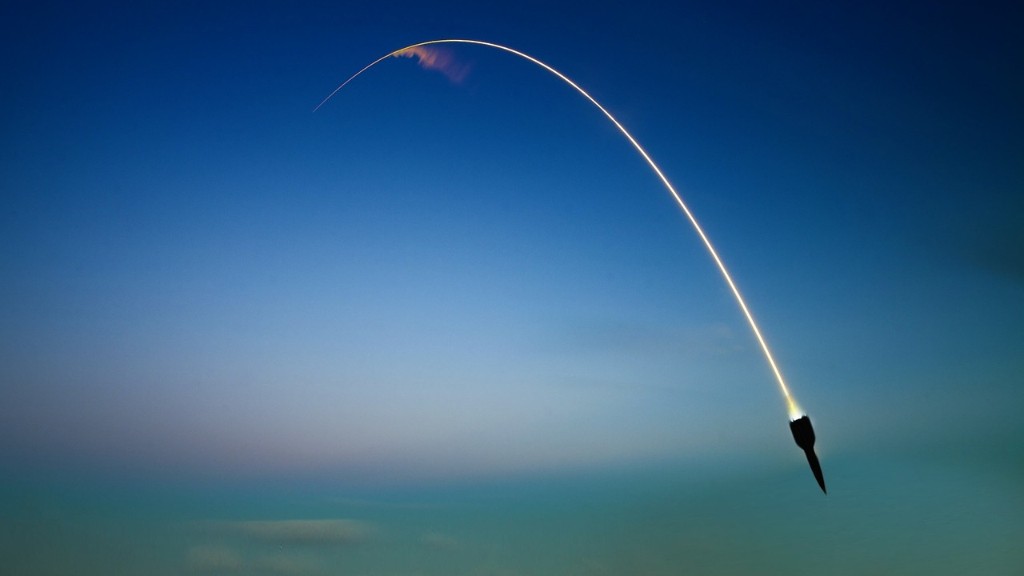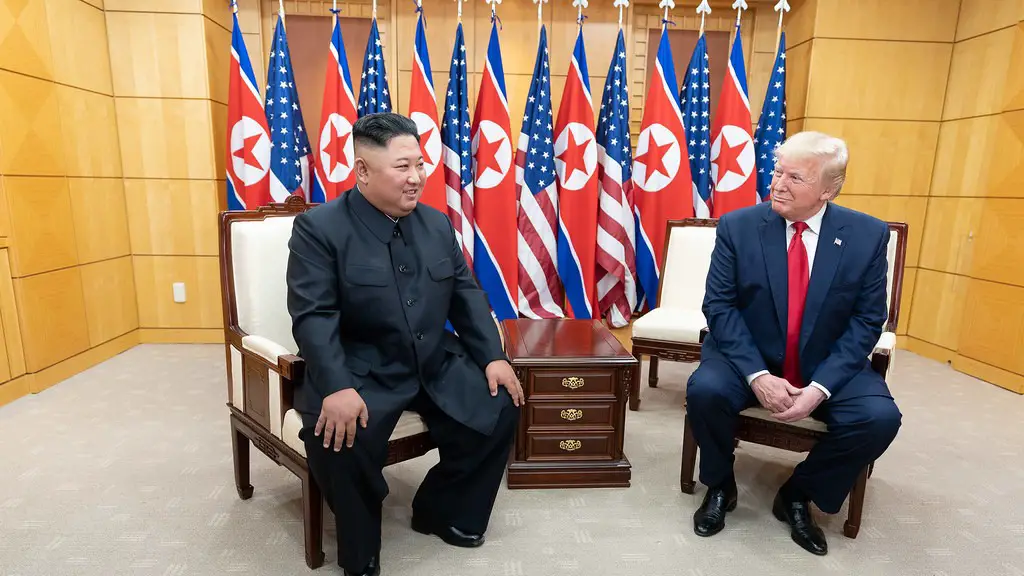For decades, North Korea has been infamous for its oppressive and secluded nature. And while information is scarce due to the country’s heavily restricted media and communication systems, travelers who have ventured in and out of the country bring stories of what life is like in North Korea.
In 1997, Kim Jong-il succeeded his father as leader of North Korea and began to truly isolate the state from the rest of the world. This move, paired with extreme poverty and food shortages, lead to the development of increasingly oppressive tactics in order to maintain political control and power over the citizens.
Today, only state-controlled television and radio signals are allowed into North Korea, with no access to the internet or foreign broadcast networks. This means people are only exposed to whatever the government allows, and any news of the outside world is almost completely suppressed.
Those residing in the capital city of Pyongyang can expect a higher quality of life, due to the government’s use of what is known as “Pyongyang priorities”. Pyongyang prioritizes the capital city by supplying city residents with special economic and social benefits, including improved infrastructure and access to clean water and energy.
Elsewhere, life in North Korea is different. It is estimated that almost a quarter of the population is undernourished, and the country is still struggling to recover from widespread famine that plagued much of the country in the 1990s. It is also believed that people are often under threat of arrest and imprisonment for questioning the authority of the government or for any activity that is deemed inappropriate.
Despite the country’s restrictions, North Koreans can still find ways to enjoy life. Social gatherings such as weddings, festivals, and sports tournaments are widely attended and provide a much-needed break from the otherwise harsh reality. Additionally, due to the country’s seclusion, wildlife is abundant and nature is left mostly untouched.
All in all, life in North Korea is one filled with restrictions and fear, yet pockets of joy and entertainment can still be found. It remains a country shrouded in mystery, and until more visitors are permitted in, the full reality of what it’s like in North Korea will remain mostly unknown.
The Food Resources
The food resources in North Korea are scarce and scarce, creating a major problem of malnutrition among the citizens. The government faces high levels of poverty and malnourishment, being unable to provide adequate food aid to increase food security. To this day, North Korea still imports food from other countries, including Republic of Korea (ROK) and China, despite their policy banning foreign imports. As a result, domestic food production is significantly lower than in some other parts of the world and is not always evenly distributed among the provinces.
The majority of people in North Korea rely on rations distributed by the state, which are distributed irregularly and often limited to those in the most need. Government rations do not meet all of their nutritional needs, causing most people to rely on food markets to supplement their diet. These markets are not available in all parts of the country and are also often subject to government raids and regulations.
North Koreans also face the consequences of a lack of access to clean drinking water, due to the country’s poor sanitation and infrastructure. Water sources are often contaminated and prone to water-borne diseases, limiting the access to safe, drinkable water.
As a result, the people of North Korea are at severe risk of malnutrition and food insecurity. To combat the effects of this lack of nutrition, international aid organizations, such as the United Nations, have launched a series of initiatives to try and improve food security and nutrition in North Korea.
Environmental Issues
North Korea is home to some of the most devastating environmental issues, with the country being heavily polluted and facing a significant threat to its biodiversity. Due to poor infrastructure, regulations, and an unreliable energy supply, the air and water quality have suffered and is continuing to worsen.
The country’s deforestation is also contributing to the worsening environmental situation. Deforestation has led to soil erosion, decreased water quality, and loss of biodiversity, further worsening the problem of air pollution due to the lack of trees to absorb carbon dioxide and other pollutants.
Additionally, North Korea is facing its worst locust infestation in over 70 years as a result of high temperatures, frequency of flooding, and the government’s ineffective response to the problem. This has damaged crops and farmland and has led to food insecurity across the country.
The government has taken some small steps to try and combat the environmental issues, such as promoting public transportation and enforcing tighter regulations on polluting businesses, however, this has done little to mitigate the effects of the pollution and deforestation in the country.
The environmental deterioration in North Korea has had long-reaching effects and continues to pose a major threat to the health and wellbeing of its citizens.
Politics and Government
North Korea is an authoritarian state, and its politics and government are tightly controlled by the ruling party and its leader Kim Jong-un. All aspects of life in North Korea are regulated by the government and citizens are not permitted to express dissent or disagree with the ruling party. This policy of extreme control and censorship has lead to numerous human rights violations and the suppression of freedom of speech and expression.
The government also imposes strict limits on its citizens’ access to information regarding the outside world, making it difficult for the citizens to gain knowledge and insights into world politics or global events. As a result, the citizens of North Korea remain largely unaware of the changes that have occurred outside of their country in recent years.
As such, North Korea’s politics and government are highly centralized and are used to consolidate the ruling family’s power and authority. This has resulted in a rigid and oppressive system of government across North Korea, with citizens facing severe restrictions and punishments for attempting to dissent or disagree with the ruling party.
North Korean Economy
Due to a number of factors, the North Korean economy is facing issues such as poverty, unemployment, and a lack of resources, making it one of the most impoverished nations in the world. The country’s economic activity is highly reliant on the assistance provided by China and South Korea, who provide funds and resources to North Korea in exchange for political favors. This assistance makes up a significant portion of the country’s GDP, which is estimated to be around $40 billion USD.
Additionally, North Korea is subject to international sanctions due to their nuclear weapons program and military activities. The sanctions have caused economic stagnation and, as a result, have worsened the issues of poverty, unemployment, and food insecurity in the country.
North Korea has become increasingly reliant on the informal economy in recent years to survive, with many citizens relying on the trade of illegal items or services in order to make ends meet. This has lead to a decrease in the standard of living and has further widened the gap between the rich and the poor.
The North Korean economy is highly vulnerable and faces a number of issues, many of which are made worse by the government’s strict regulations and policies. It is uncertain whether or not the country can manage to sustain its economy in the long-term, and thus, what the future has in store for North Korea is yet to be seen.
Social Life
The social life in North Korea is highly restricted, with citizens expected to remain compliant and obedient to the laws and regulations imposed by the government. Religion and worship are also heavily regulated and monitored, with citizens facing severe punishments for engaging in any practices that are deemed “anti-government” by the government.
Much of the population is dependent on the government’s rations for their food and essential needs, which further limits their ability to socialize and engage with the outside world. While state-sponsored events, such as festivals, are permitted, citizens are still closely monitored in large public gatherings.
Despite the restrictions, a number of festivals and events are held throughout the year, providing relief and escapism from the country’s oppressive regulations. Citizens are permitted to access limited entertainment and activities, such as sports, theatre, or karaoke, as long as state-imposed guidelines are adhered to.
Overall, the social life in North Korea is highly restricted and monitored. It is difficult for citizens to engage with the outside world or find entertainment, limiting their ability to enjoy the same freedoms and liberties that those in other countries do.





